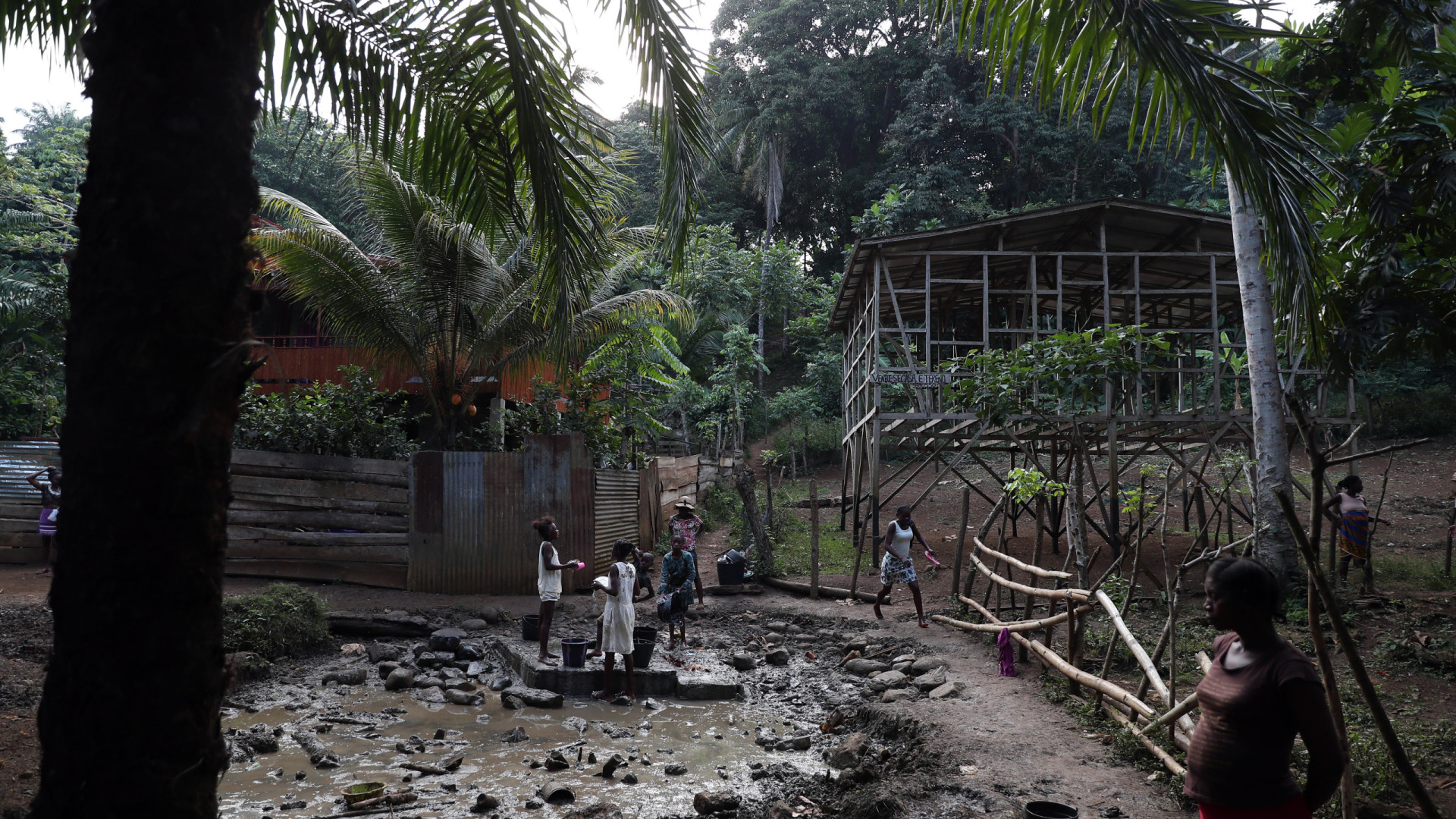São Tomé and Príncipe’s Social Protection Directorate announced today that 29,649 people from 7,581 households live in extreme poverty and have been identified in the Single Social Register (CSU) to facilitate the definition of support programs.
“We know that not all [people] have been identified yet and that scares us.”
“From the group that we have already managed to identify we already have that number, imagine when we manage to expand the registry even more,” commented Núria Ceita, director of Social Protection, Solidarity and Family, in statements to Lusa.

The CSU of São Tomé and Príncipe was developed last year with support from the International Labor Organization (ILO) with the objective of identifying, in the first phase, all “people who are in extreme” poverty and “who still need the government’s social programs,” and later all families.
From the data released during a workshop to present the results of the registry, 5,539 (73%) of the families that are in extreme poverty are headed by women, while 2,042 (27%) are headed by men.
“Unfortunately, women are the most affected because we have many single mothers who are responsible for the families, so the female face is more representative,” stressed the director of San Tomean Social Protection.
The registry also pointed out 602 people with mental disabilities, 1,526 with motor disabilities, 1,711 with visual disabilities, as well as 423 households marked with children at risk of abandonment.
“These are alarming numbers that have our attention and will continue to have it,” assured Núria Ceita.
The director of Social Protection of São Tomé underlined that the UHC is an “added value” that will allow “quick access to these vulnerable families” so that institutions can “make aid arrive more quickly.
However, the decree law for the regulation of the CSU was approved by the Government last year, and has since been awaiting enactment by the President of the Republic.
“This workshop was also a wake-up call for the need to enact the decree-law,” stressed Núria Ceita.
With information from Lusa

